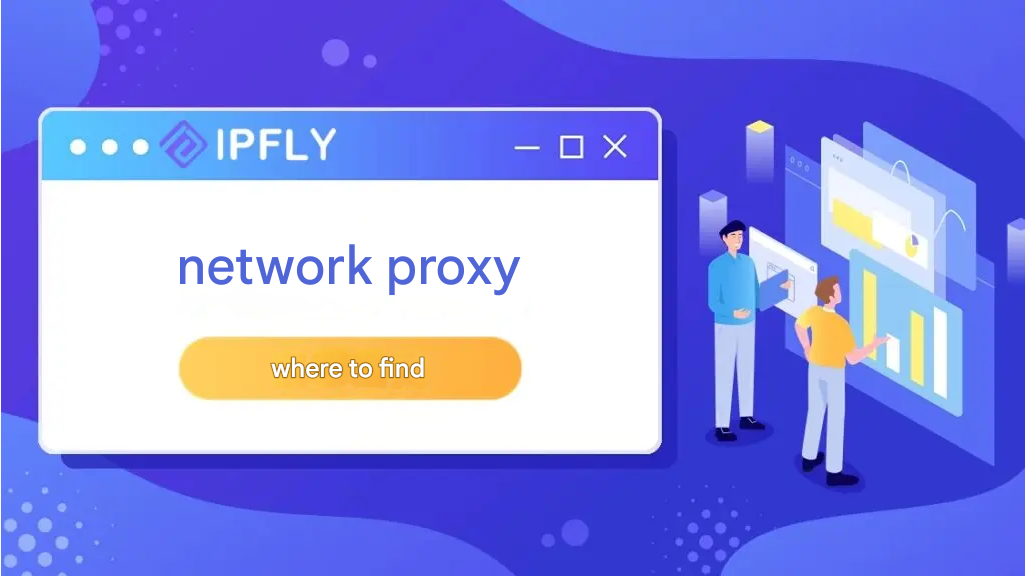With the deep development of digitalization, the term “web proxy” has become more and more important in the current online environment. Whether it’s data retrieval, SEO optimization, cross-border e-commerce, or network security, web proxies have become a key tool to ensure the stability and efficiency of online business.

What is a Web Proxy?
Web proxy, in simple terms, is a kind of intermediary server. The user forwards the access request to the target server through the web proxy server, and the target server then returns the response to the proxy server, thus completing the information exchange. The proxy not only hides the user’s real IP, but also optimizes network access and improves security and privacy.
Main Types of Web Agents
When choosing a web proxy, it is important to understand its main types. Below are three common types and their characteristics:
Static Residential Proxy: A static residential proxy is assigned directly by the ISP (Internet Service Provider) and the IP address is usually fixed. This type of proxy is analogous to a real residential network environment and is stable over time, making it ideal for business scenarios that require a fixed identity, such as cross-border e-commerce, social media marketing, and financial services.
Dynamic Residential Proxy: Dynamic Residential Proxy is based on real user devices around the world and uses a rotation mechanism to realize IP changes. This pipeline helps to break through network lock-in and is suitable for applications that require frequent IP changes, such as data acquisition, market research and advertising validation.
Data Center Proxy: Data center proxies use dedicated IP addresses with high speed, low latency, and strong anonymity, and are commonly used in scenarios such as automated testing, large-scale data acquisition, and streaming unlocking.

Real-World Application Scenarios of Web Proxy
After understanding the role of web proxies, let’s look at some real-world application scenarios:
Data Acquisition and Market Analysis: Data acquisition relies on high-quality web proxies. Dynamic residential proxies can effectively bypass the anti-climbing mechanism of the target website to acquire data for market research.
Cross-border e-commerce and ad placement: Cross-border e-commerce uses static residential proxies analogous to real user visits, which helps avoid blocking, while ad placement enables accurate user targeting.
Network Testing and Streaming Unlocking: Data center agents are particularly well suited for automated network testing and cross-region streaming content access due to their high-speed nature.
Web proxies are an indispensable tool in the Internet world, not only enhancing the efficiency of network connections, but also playing an important role in protecting privacy and breaking through restrictions. Whether your needs are for business or personal use, choosing the right web proxy service is the key to success.
Hopefully, the science content in this article will provide you with direction in finding the ideal web proxy in 2025. To learn more about or try out a reliable web proxy service, IPFLY is a brand worth exploring.


